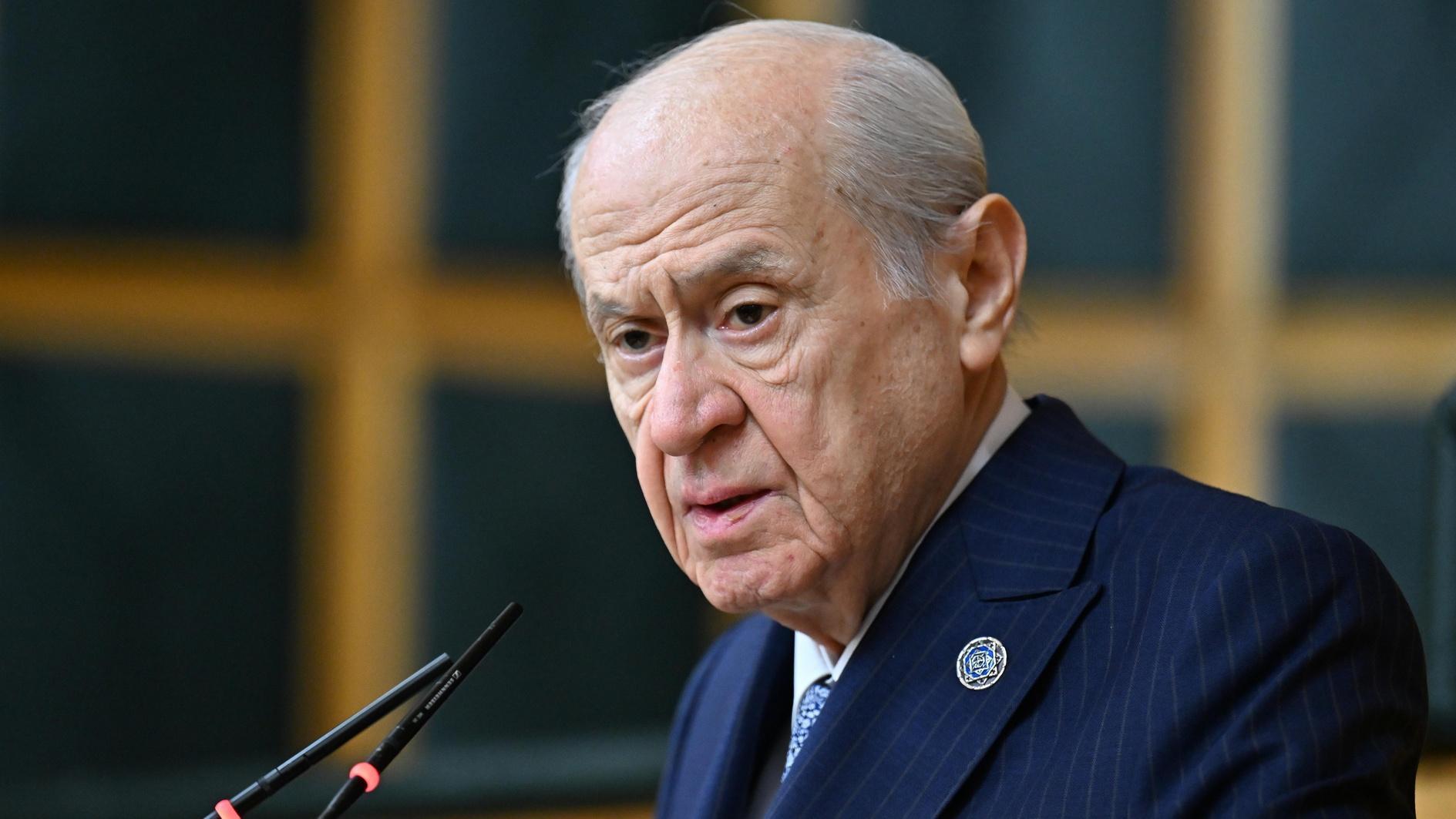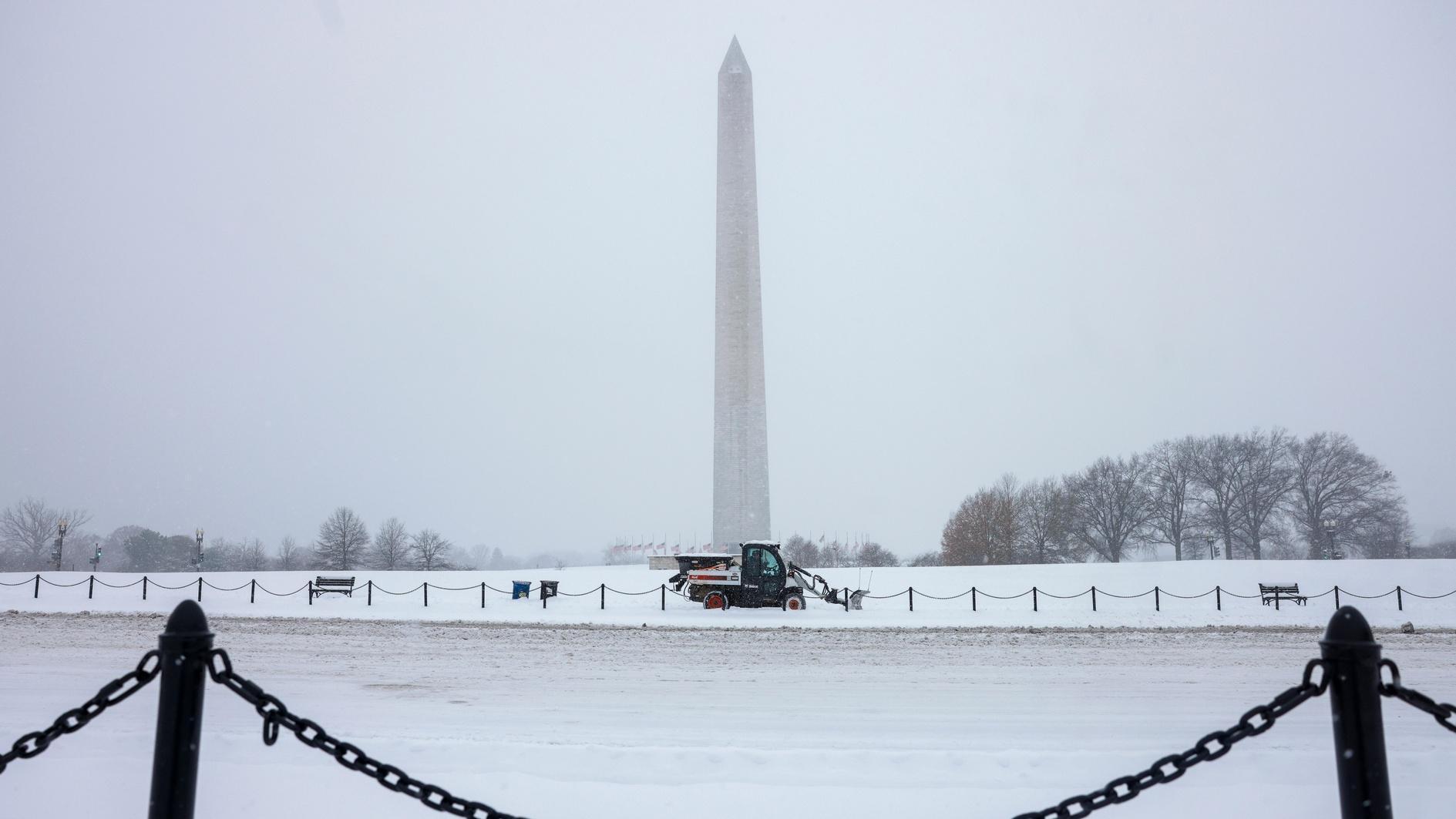US warns of possibility of ‘cyber-Pearl Harbor’
WASHINGTON

‘They could contaminate the water supply in major cities, or shut down the power grid across large parts of the country,’ says Panetta referring to cyber threats. REUTERS photo
The United States faces a growing threat of a “cyber-Pearl Harbor” and has drafted new rules for the military that would enable it to move aggressively against digital attacks, Defense Secretary Leon Panetta said Oct. 11, urging stronger action to bolster America’s defenses against such plots.The amended rules of engagement underline the need to defend Defense Department computer networks, “but also to be prepared to defend the nation and our national interests against an attack in or through cyberspace,” he said.
Citing a mounting cyber danger that could cripple the country’s vital infrastructure, Panetta told an audience in New York: “We won’t succeed in preventing a cyber attack through improved defenses alone.”
“If we detect an imminent threat of attack that will cause significant physical destruction or kill American citizens, we need to have the option to take action to defend the nation when directed by the president,” he said.
Significant investments
“For these kinds of scenarios, the department has developed the capability to conduct effective operations to counter threats to our national interests.” Although he avoided the word “offensive” to describe operations or capabilities, Panetta’s speech clearly implied that the military would be empowered to take the initiative in the cyber realm.
The U.S. has long been concerned about cyber warfare capabilities in China, Russia and increasingly from Iran. But one problem has been the difficulty in knowing with certainty where a cyber attack hails from, making potential retaliation difficult.
Panetta said the U.S. had made significant investments in cyber forensics to address that problem “and we are seeing returns on those investments.”
Panetta warned of a “significant escalation of the cyber threat,” with foreign actors targeting “critical infrastructure networks,” including systems that operate chemical, electricity and water plants, as well as transport. He laid out dire scenarios in which hostile states or groups could seize control of vital networks. “An aggressor nation or extremist group could gain control of critical switches and derail passenger trains, or trains loaded with lethal chemicals.
“They could contaminate the water supply in major cities, or shut down the power grid across large parts of the country,” he said.
The result could be “’cyber-Pearl Harbor’: an attack that would cause physical destruction and loss of life, paralyze and shock the nation, and create a profound new sense of vulnerability,” he said.
With a proposed budget of $3.4 billion, the U.S. military’s newly created Cyber Command is increasingly able to trace the origin of digital assaults, he said. The new capability will serve as a deterrent to any potential cyber adversary, as the Pentagon will be able to track down the authors of an attack and “hold them accountable,” he added.
















